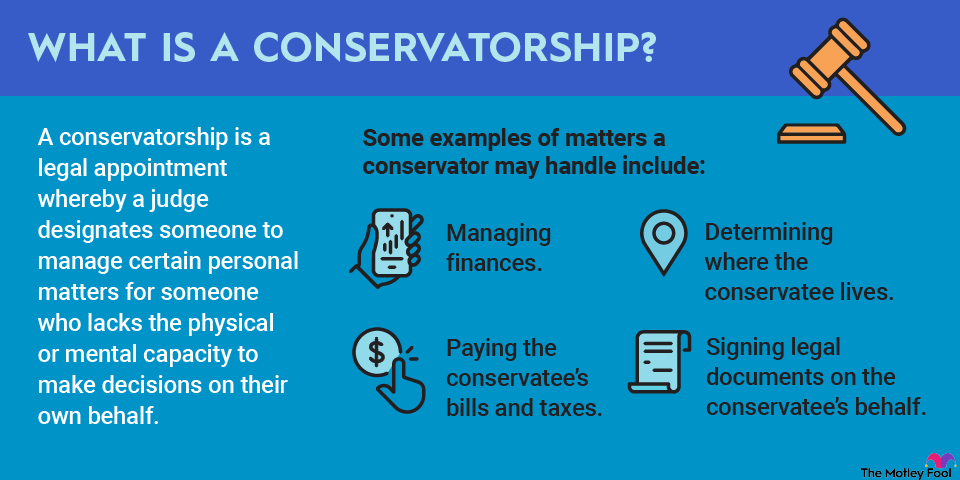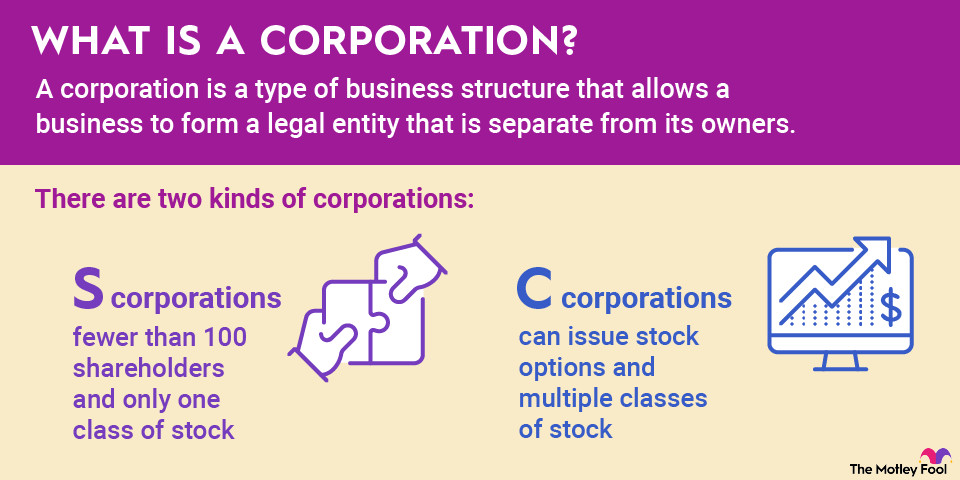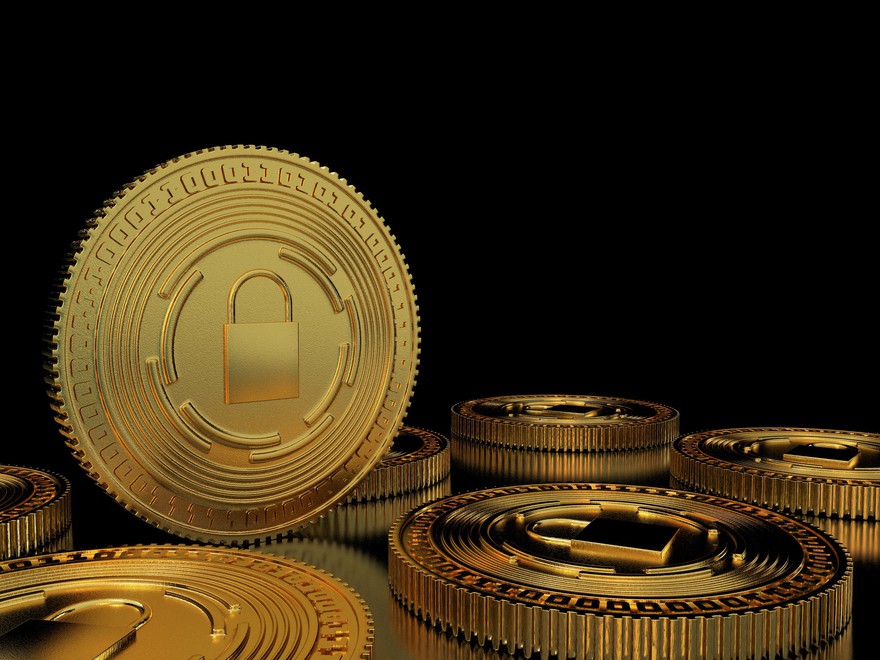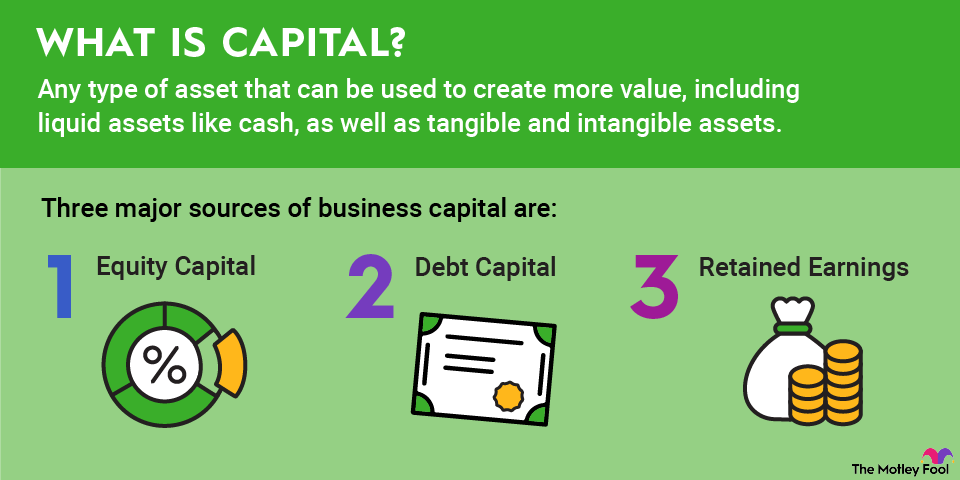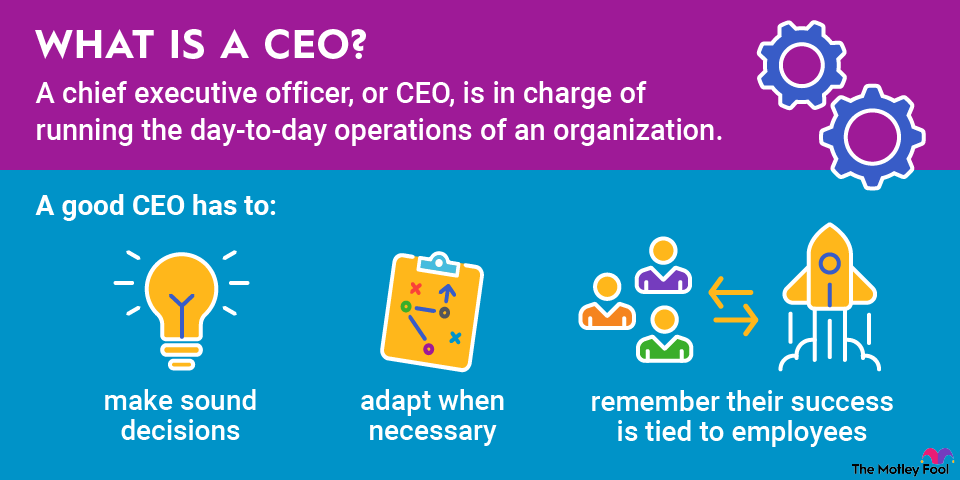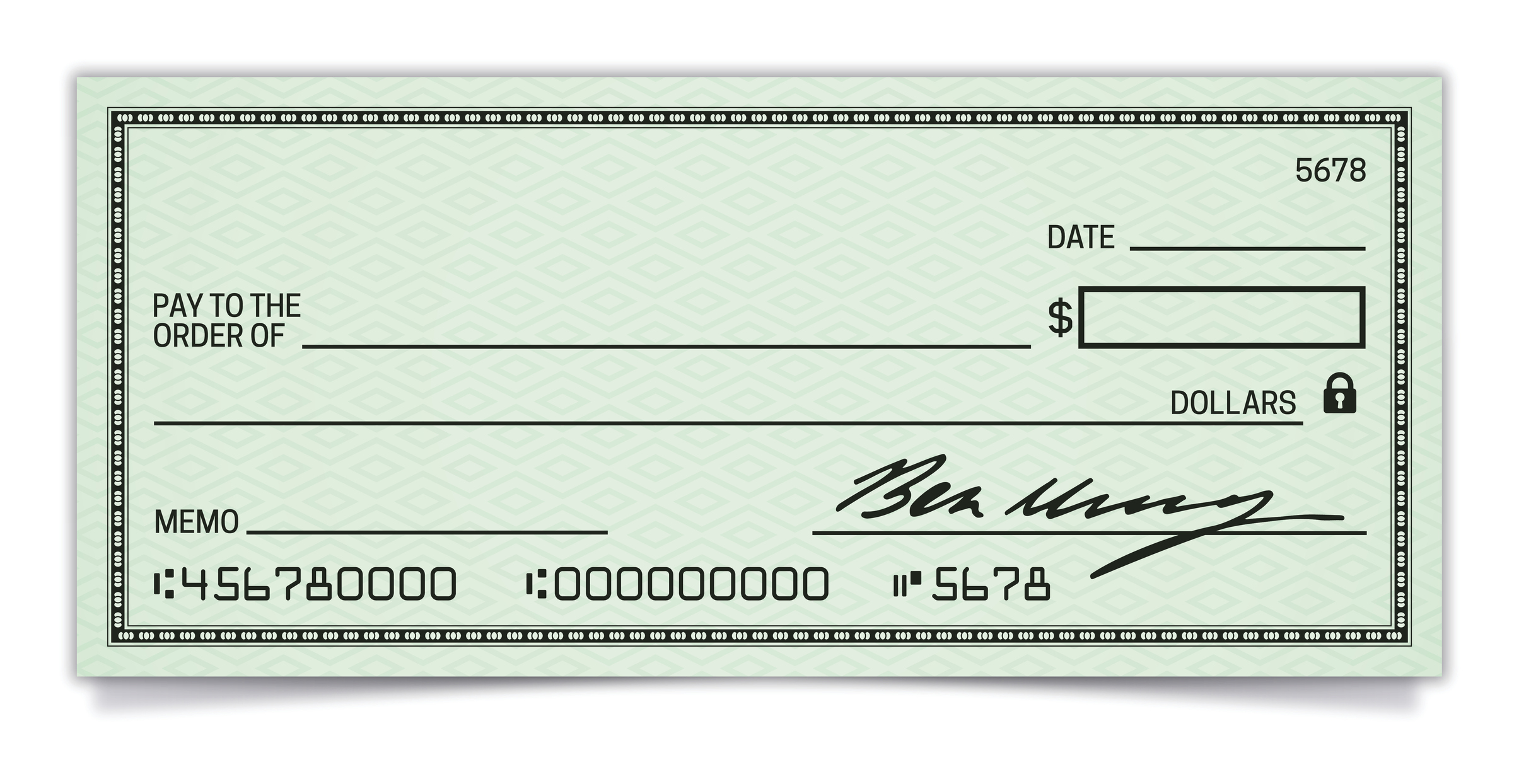A cryptocurrency wallet is a digital tool for storing, managing, and accessing digital assets like Bitcoin (BTC -1.81%) and Ethereum (ETH -1.54%). It's like a digital purse that holds your private keys, which are like passwords that allow you to control your cryptocurrency. Crypto wallets also enable you to send and receive cryptocurrency, view your balances, and interact with decentralized applications.
Cryptocurrency
A crypto wallet doesn't store the actual crypto but rather the private keys that grant access to the cryptocurrency on the blockchain. These keys are essential for sending, receiving, and spending digital assets.

What is a crypto wallet?
The most crucial function of a crypto wallet is to store your private keys, which are essential for accessing your cryptocurrency and signing transactions. Wallets facilitate the sending and receiving of cryptocurrencies by using the blockchain network. They allow you to view your cryptocurrency balances and track your assets.
Some wallets enable you to interact with decentralized applications (dApps), which are applications built on the blockchain. Crypto wallets come in various forms, including software wallets (mobile or desktop apps), hardware wallets (physical devices), and web-based wallets. Each type offers different security levels and features.
How does a crypto wallet work?
For anyone involved in cryptocurrency, a crypto wallet is essential for safely storing and managing digital assets. It acts as a digital safe, holding your private keys and enabling you to access and control your crypto. This allows you to send, receive, and trade cryptocurrencies.
A crypto wallet gives you full control over your cryptocurrency, so you aren't relying on a third-party exchange to manage your funds. To protect your crypto, you can use various security measures, including seed phrases and private keys.
You can use your wallet to send and receive cryptocurrencies to other wallets or exchanges. Wallets also enable you to participate in decentralized finance (DeFi) activities like yield farming, staking, lending, and borrowing. Many wallets support multiple blockchains, allowing you to manage various cryptocurrencies from one interface.
Security is paramount when selecting the right crypto wallet for your needs. If you lose or forget your private key or seed phrase, you could lose access to your crypto.
Consider your needs and risk tolerance when choosing a wallet. In addition to robust security features and user-friendliness, the wallet's ability to support numerous cryptocurrencies and its compatibility with your devices are vital factors to consider.
Types of crypto wallets
Crypto wallets come in several forms, broadly categorized as custodial and noncustodial. And each comes with its own pros and cons.
Custodial wallets, often associated with exchanges like Coinbase (COIN -1.17%), store your private keys on their servers. They offer convenience and potential recovery options but require trust in the custodian. Noncustodial wallets, like Ledger or Trezor, give you full control over your keys, ensuring ultimate ownership, but they also increase your responsibility for their security.
Custodial wallets are managed by third parties (like exchanges) that hold your private keys. This offers convenience and the potential for easier recovery of funds if you forget passwords or lose access. However, since you don't have complete control over your assets, you must trust the custodian's security and reliability.
With noncustodial wallets, you have full control over your private keys and seed phrases, meaning you have complete ownership of your cryptocurrency. While this offers enhanced security and full control over your assets, it also comes with greater responsibility for securing your keys.
If your keys are lost or compromised, recovery is very difficult. Noncustodial wallets can include software wallets, which are applications you store on your computer or mobile device, or physical wallets like USB drives that store your files offline.
There are also subcategories to consider within custodial and noncustodial wallets. For example, hot wallets are connected to the internet and generally offer convenience, while cold wallets are kept offline for enhanced security.
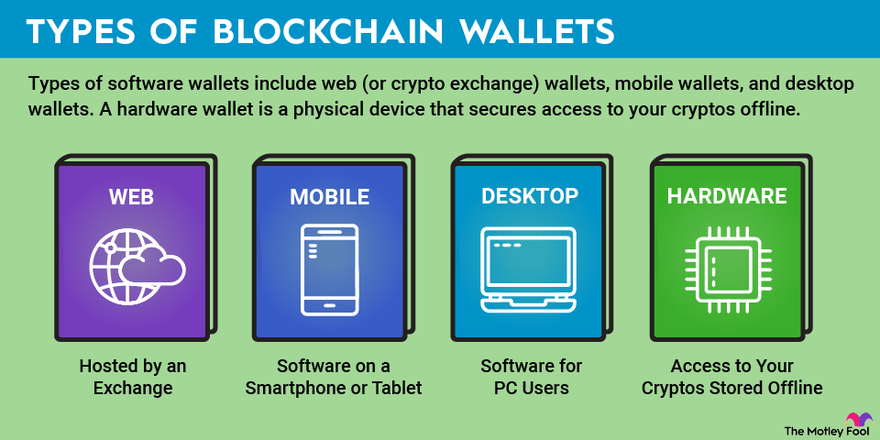
Web wallets are hosted by a third party, often an exchange, and store your private keys on their servers. Mobile wallets are applications installed on smartphones that store your private keys, while desktop wallets are installed and operated on a user's computer.
The bottom line on crypto wallets
You generally need a crypto wallet to buy cryptocurrency, even if you're using a popular platform like Coinbase to purchase it. However, platforms like Coinbase offer custodial wallets, where they hold your keys for you. If you want to store your crypto on your own and have full control, you'll need a noncustodial wallet.
Crypto wallets store your public and private keys, like a password that allows you to access and control your cryptocurrency. You can often buy crypto directly through a crypto exchange, which manages your hosted wallet. To transfer crypto to a noncustodial wallet, you'll need to obtain a wallet address first.
Related cryptocurrency topics
There are various types of wallets, including hot (software) wallets and cold (hardware) wallets. Hot wallets are convenient but may be more vulnerable to security breaches, while cold wallets offer greater security but can be more complex to use.
Regardless of the wallet type, keeping your private keys safe and secure is essential. If your private keys are compromised, anyone can access your crypto holdings.
